Postpartum Care
How to submit an article:
- Registered users can submit any published journal article that has a unique DOI (Digital Object Identifier) name or link to Research Hub.
- For example, you can paste the full DOI link:
https://doi.org/10.1109/5.771073or just the DOI name:10.1109/5.771073into the field above and click submit. - The person who is first to submit a valid article to Research Hub will forever be credited for it, and every article submission earns you +6 Research Points.
Sub-Topics:
Related Topics
Published research studies are articles that present the findings of original research that has undergone a peer-review process and has been made publicly available in scholarly journals, books or other media.
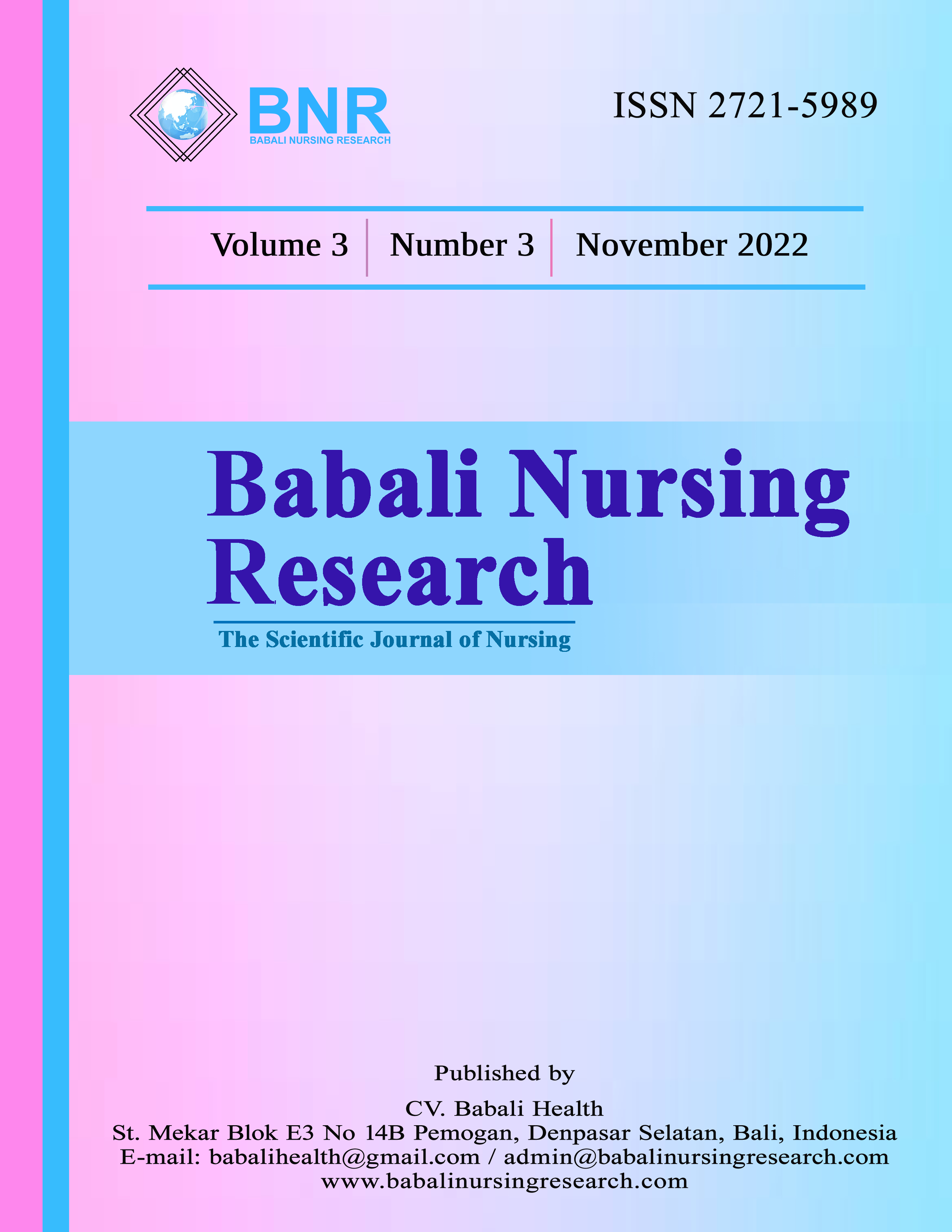
Midwifery Complementary Treatment with The Application of Oxytocin Massage Using Lavender Aromatherapy Oil on Breast Milk Production in Postpartum Mothers
2022 Nov 30 Babali Nursing Research Widiastuti NMR, Arini KN, Yuniati MG
Randomised Controlled Trial Postpartum Care OxytocinOxytocin massage using lavender aromatherapy oil can significantly boost breast milk production in postpartum mothers.
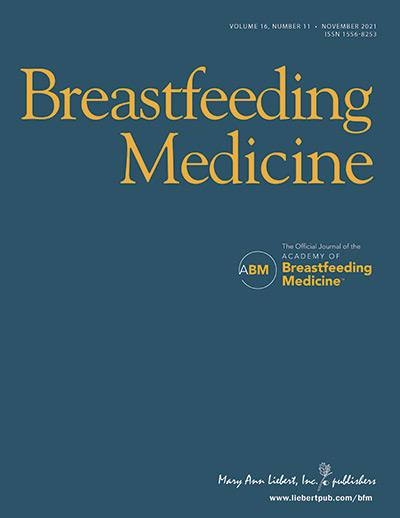
The Effects of Date Fruit Consumption on Breast Milk Quantity and Nutritional Status of Infants
2021 Nov 01 Breastfeeding Medicine Modepeng T, Pavadhgul P, Bumrungpert A, Kitipichai W
Randomised Controlled Trial Breastfeeding Date Fruit GalactagoguesDate fruit consumption appears to be useful for promoting and increasing breast milk quantity in breastfeeding mothers. Date fruits may be an alternative galactagogue.
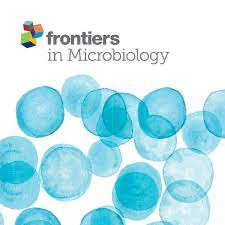
Effects of Dietary Modified Bazhen on Reproductive Performance, Immunity, Breast Milk Microbes, and Metabolome Characterization of Sows
2021 Nov 15 Frontiers in Microbiology Jian Geng, Weicheng Jin, Jingyou Hao, Mohan Huo, Yuefeng Zhang, Chunmei Xie, et al.
Metabolic pathways, protein digestion and absorption, and biosynthesis of amino acids were enriched in the colostrum and transitional milk. Our findings provide new insights into the beneficial effects of MBP, highlighted by the changes to the microbiota and metabolomic profile of breast milk from sows fed with an MBP-supplemented diet. Thus, MBP should be considered as a potential dietary supplement for lactating sows in pork production.
Animal Study Ba Zhen Tang Breastfeeding
Use and experiences of galactagogues while breastfeeding among Australian women
2021 Jul 01 PLOS One McBride GM, Stevenson R, Zizzo G, Rumbold AR, Amir LH, Keir AK, et al.
The incidence of side effects appeared higher for women taking pharmaceutical agents compared to herbal galactagogues. However, a number of side effects were still reported by women using herbal or food-based galactagogues, suggesting they are not completely benign.
Galactagogues Lactation Breastfeeding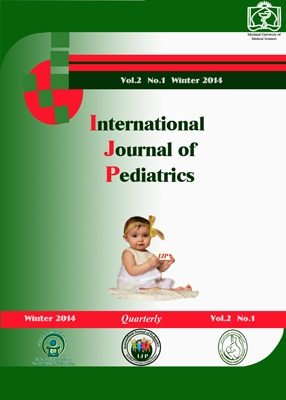
The Effect of Acupressure, Acupuncture and Massage Techniques on the Symptoms of Breast Engorgement and Increased Breast Milk Volume in Lactating Mothers: A Systematic Review
2021 Feb International Journal of Pediatrics Hajian, H., Soltani, M., Seyd Mohammadkhani, M., et al.
Systematic Review Breast Engorgement BreastfeedingResearch insights are moderated by the Research Hub team and offer an at-a-glance overview of interesting research findings.

2022 Babali Nursing Research
Oxytocin massage using lavender aromatherapy oil can significantly boost breast milk production in postpartum mothers.
Randomised Controlled Trial Oxytocin
Midwifery Complementary Treatment with The Application of Oxytocin Massage Using Lavender Aromatherapy Oil on Breast Milk Production in Postpartum Mothers
Widiastuti NMR, Arini KN, Yuniati MG

2021 Breastfeeding Medicine
Date fruit consumption appears to be useful for promoting and increasing breast milk quantity in breastfeeding mothers. Date fruits may be an alternative galactagogue.
Randomised Controlled Trial Breastfeeding Date Fruit Galactagogues
The Effects of Date Fruit Consumption on Breast Milk Quantity and Nutritional Status of Infants
Modepeng T, Pavadhgul P, Bumrungpert A, Kitipichai W
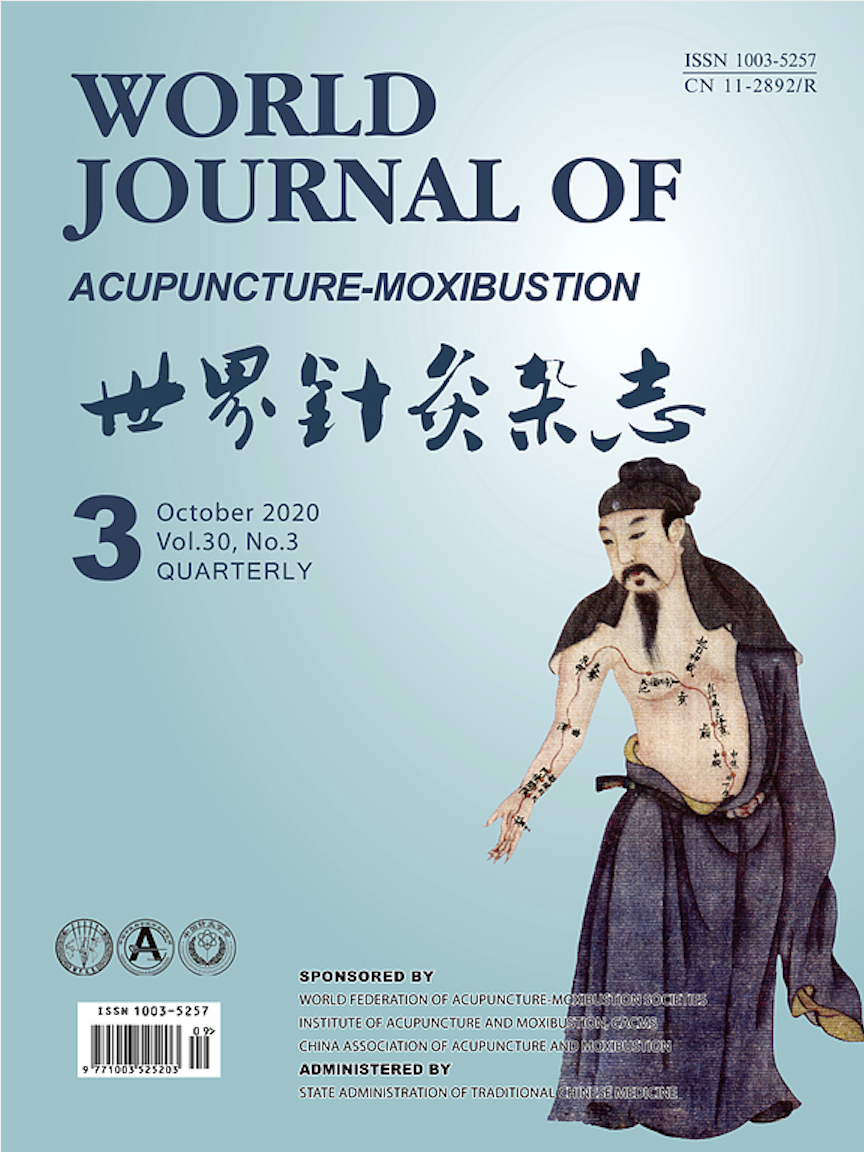
2021 World Journal of Acupuncture-Moxibustion
Acupuncture treatment for postpartum depression is effective and can improve Hamilton Depression (HAMD) Scale, Edinburgh Postnatal Depression Scale (EPDS) and serum estradiol scores.
Systematic Review Postpartum Depression Pregnancy
Meta analysis on acupuncture for postpartum depression
WANG, J., TAN, L., MEI, Q., et al.
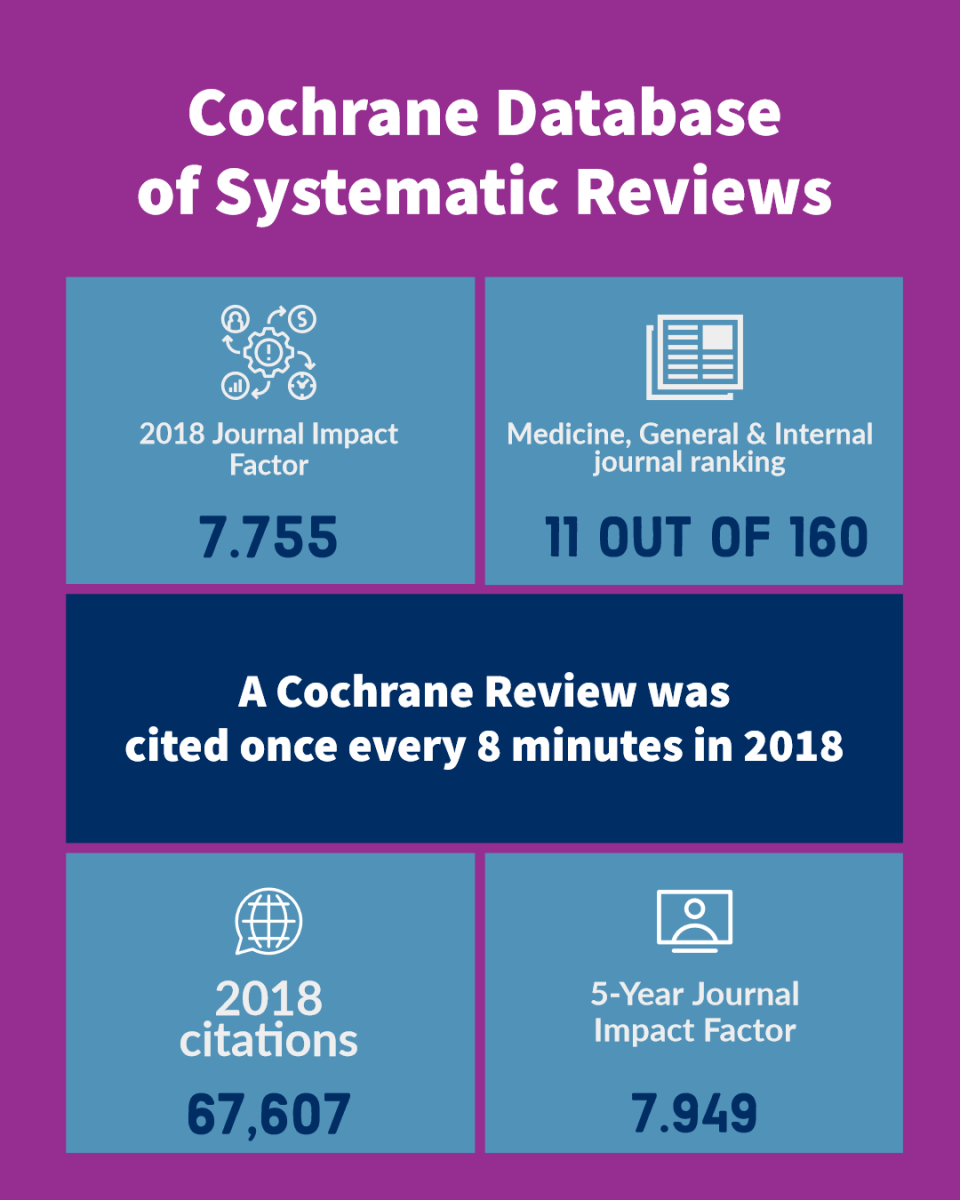
2020 Cochrane Database of Systematic Reviews
Gua sha therapy may be more effective than hot packs with massage for reducing breast pain.
Systematic Review Breastfeeding
Treatments for breast engorgement during lactation
Zakarija-Grkovic I, Stewart F
2020 Clinical Epidemiology and Global Health
Fenugreek improves breast milk production in mothers and increases the weight gain of newborns during their first week of life.
Randomised Controlled Trial Breast Milk Breastfeeding Fenugreek Galactagogues
Effect of fenugreek on breast milk production and weight gain among Infants in the first week of life
Ravi R, Joseph J
Review Articles
Review articles summarise and critically evaluate the current state of research on a specific topic or field by synthesising multiple primary research studies.

The Effect of Acupressure, Acupuncture and Massage Techniques on the Symptoms of Breast Engorgement and Increased Breast Milk Volume in Lactating Mothers: A Systematic Review
2021 Feb International Journal of Pediatrics Hajian, H., Soltani, M., Seyd Mohammadkhani, M., et al.
Systematic Review Breast Engorgement BreastfeedingLink cannot be load —Rachael L 30 May 2022
This review included RCTs, non RCTs or retrospective clinical studies. —Ve-Vinn L 15 Oct 2021

Meta analysis on acupuncture for postpartum depression
2021 Jan World Journal of Acupuncture-Moxibustion WANG, J., TAN, L., MEI, Q., et al.
Systematic Review Meta-Analysis Postpartum Depression PregnancyAcupuncture treatment for postpartum depression is effective and can improve Hamilton Depression (HAMD) Scale, Edinburgh Postnatal Depression Scale (EPDS) and serum estradiol scores.

Treatments for breast engorgement during lactation
2020 Sep 18 Cochrane Database of Systematic Reviews Zakarija-Grkovic I, Stewart F
Systematic Review BreastfeedingGua sha therapy may be more effective than hot packs with massage for reducing breast pain.
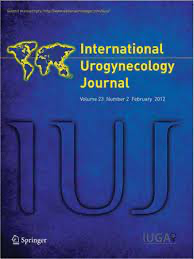
Antenatal perineal massage benefits in reducing perineal trauma and postpartum morbidities: a systematic review and meta-analysis of randomized controlled trials
2020 May 12 International Urogynecology Journal Abdelhakim AM, Eldesouky E, Elmagd IA, Mohammed A, Farag EA, Mohammed AE, et al.
Systematic Review Meta-Analysis Perineal Massage Postpartum CareAntenatal perineal massage reduces severe perineal trauma and postpartum complications.
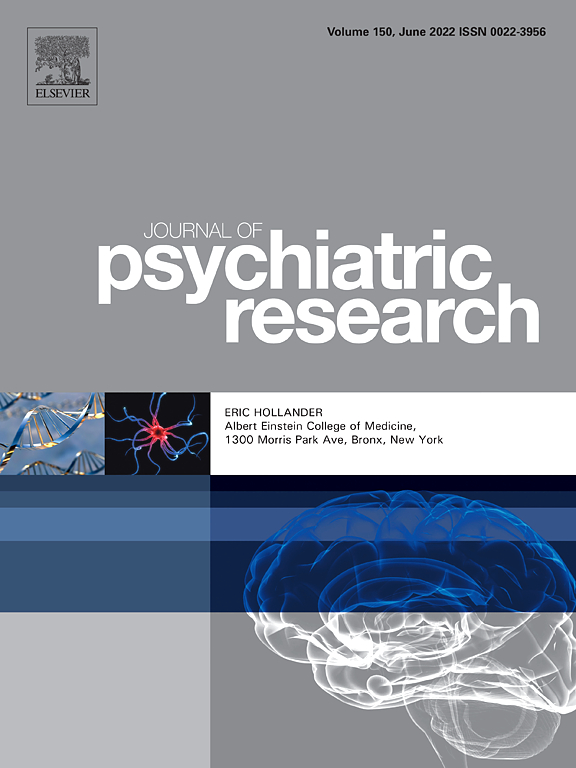
History of premenstrual syndrome and development of postpartum depression: A systematic review and meta-analysis
2020 Feb Journal of Psychiatric Research Cao S, Jones M, Tooth L, Mishra GD
Systematic Review Meta-Analysis Postpartum Depression Premenstrual SyndromeThis meta-analysis found that women with a history of PMS had double the odds of developing postpartum depression. Current evidence supports a significant association between history of PMS and development of PPD. —Jinnan C 3 Oct 2022
Clinical Trials
Clinical trials are research studies that involve people and are conducted to evaluate the safety and efficacy of new treatments or interventions, such as drugs, medical devices, or behavioural therapies.

Midwifery Complementary Treatment with The Application of Oxytocin Massage Using Lavender Aromatherapy Oil on Breast Milk Production in Postpartum Mothers
2022 Nov 30 Babali Nursing Research Widiastuti NMR, Arini KN, Yuniati MG
Randomised Controlled Trial Postpartum Care OxytocinOxytocin massage using lavender aromatherapy oil can significantly boost breast milk production in postpartum mothers.

The Effects of Date Fruit Consumption on Breast Milk Quantity and Nutritional Status of Infants
2021 Nov 01 Breastfeeding Medicine Modepeng T, Pavadhgul P, Bumrungpert A, Kitipichai W
Randomised Controlled Trial Breastfeeding Date Fruit GalactagoguesDate fruit consumption appears to be useful for promoting and increasing breast milk quantity in breastfeeding mothers. Date fruits may be an alternative galactagogue.
Effect of fenugreek on breast milk production and weight gain among Infants in the first week of life
2020 Sep Clinical Epidemiology and Global Health Ravi R, Joseph J
Randomised Controlled Trial Breast Milk Galactagogues Fenugreek BreastfeedingFenugreek improves breast milk production in mothers and increases the weight gain of newborns during their first week of life.
The Effect of Fenugreek Herbal Tea and Palm Dates on Breast Milk Production and Infant Weight.
2014 Jan 04 Journal of Pediatric Sciences El Sakka A, Salama M, Salama K
Randomised Controlled Trial Fenugreek Date Fruit BreastfeedingConsumption of fenugreek herbal tea and palm dates appears useful in enhancing breast milk production during the initial postpartum period.
Study Protocols
Published study protocols are detailed plans that outline the objectives, methodology, statistical analyses, and organisation of a research study that have been made publicly available for others to review and use as a reference.
Presentation Slides

Randomised Controlled Trial
Oxytocin massage using lavender aromatherapy oil can significantly boost breast milk production in postpartum mothers.
Widiastuti NMR, Arini KN, Yuniati MG

Randomised Controlled Trial
Date fruit consumption appears to be useful for promoting and increasing breast milk quantity in breastfeeding mothers. Date fruits may be an alternative galactagogue.
Modepeng T, Pavadhgul P, Bumrungpert A, Kitipichai W

Systematic Review
Acupuncture treatment for postpartum depression is effective and can improve Hamilton Depression (HAMD) Scale, Edinburgh Postnatal Depression Scale (EPDS) and serum estradiol scores.
WANG, J., TAN, L., MEI, Q., ZHENG, Q., YANG, S., & MEI, Z.

Systematic Review
Gua sha therapy may be more effective than hot packs with massage for reducing breast pain.
Zakarija-Grkovic I, Stewart F

Randomised Controlled Trial
Fenugreek improves breast milk production in mothers and increases the weight gain of newborns during their first week of life.
Ravi R, Joseph J

Systematic Review
Antenatal perineal massage reduces severe perineal trauma and postpartum complications.
Abdelhakim AM, Eldesouky E, Elmagd IA, Mohammed A, Farag EA, Mohammed AE, Hamam KM, Hussein AS, Ali AS, Keshta NHA, Hamza M, Samy A, Abdel-Latif AA
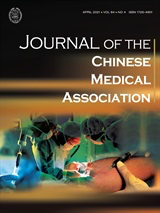
Systematic Review
Traditional Chinese acupuncture seems to be effective in improving some symptoms of postpartum depression.
Tong P, Dong LP, Yang Y, Shi YH, Sun T, Bo P
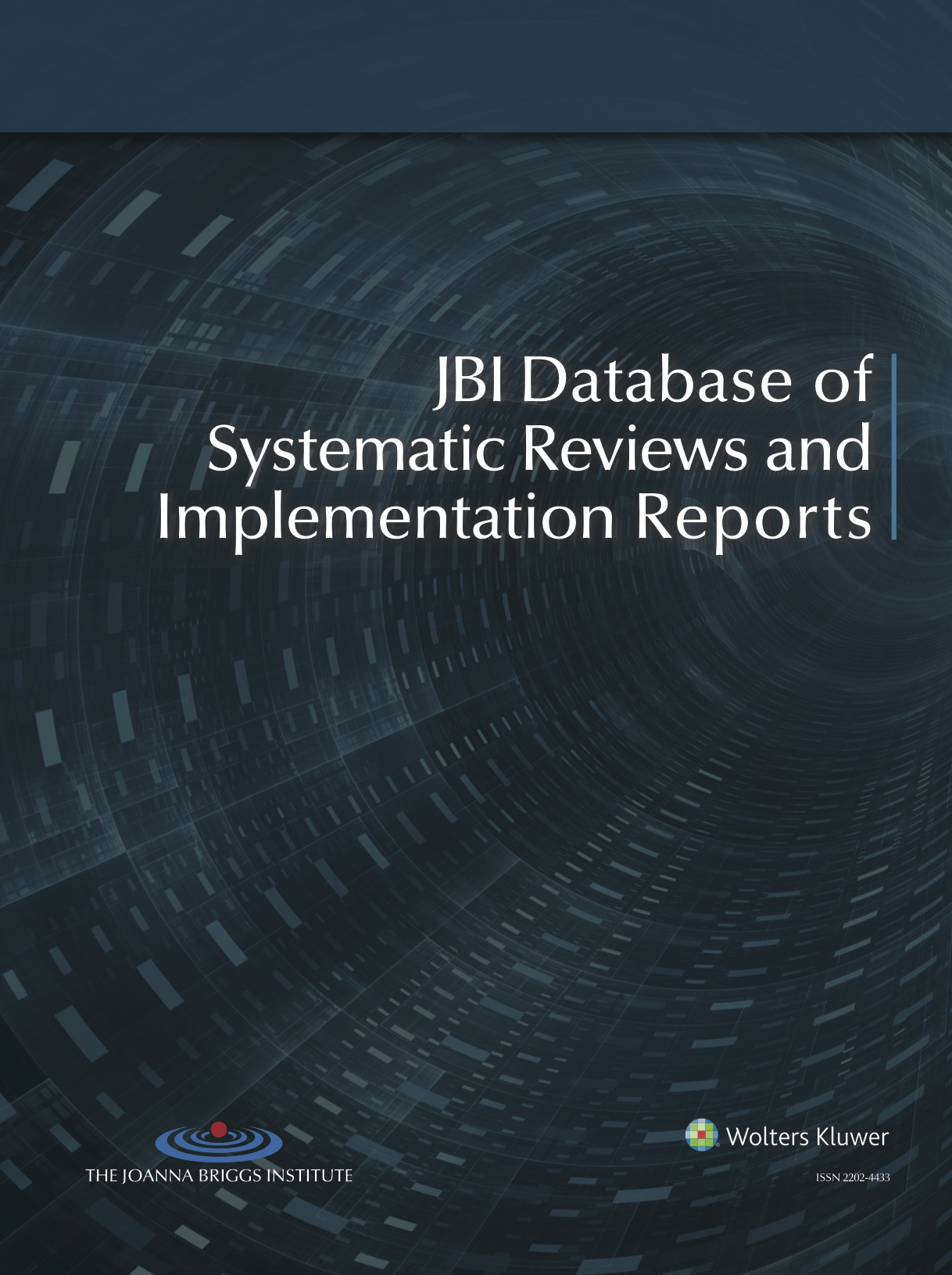
Systematic Review
Breast massage eases pain and symptoms in breastfeeding problems.
Anderson L, Kynoch K, Kildea S, Lee N
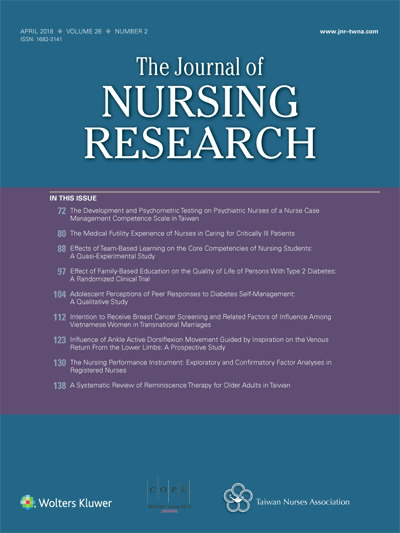
Systematic Review
Aromatherapy enhances physio-psychological well-being in postpartum women.
TSAI SS, WANG HH, CHOU FH
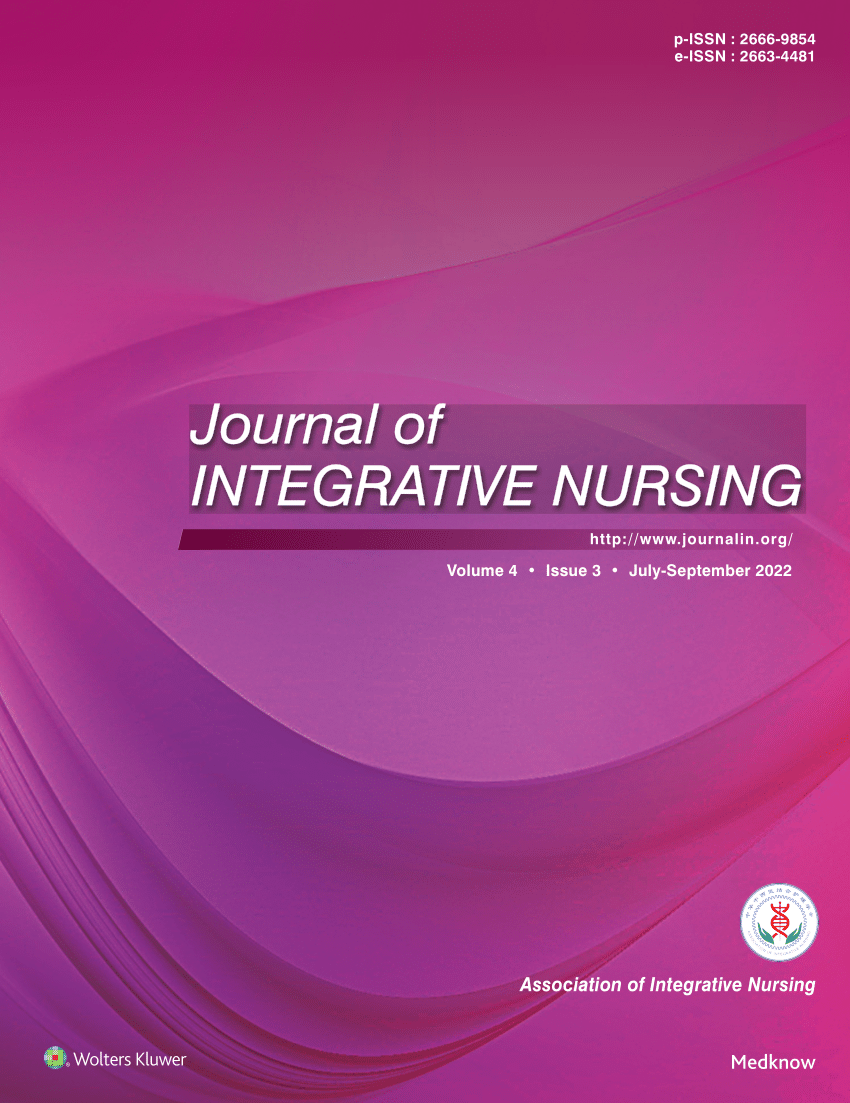
Systematic Review
Acupoint massage enhances acute mastitis treatment.
Hui JU, Xue-Ling MA, Hong GUO, Hai-Yan WANG, You-Hua LIU, Luo YANG, Ling TANG
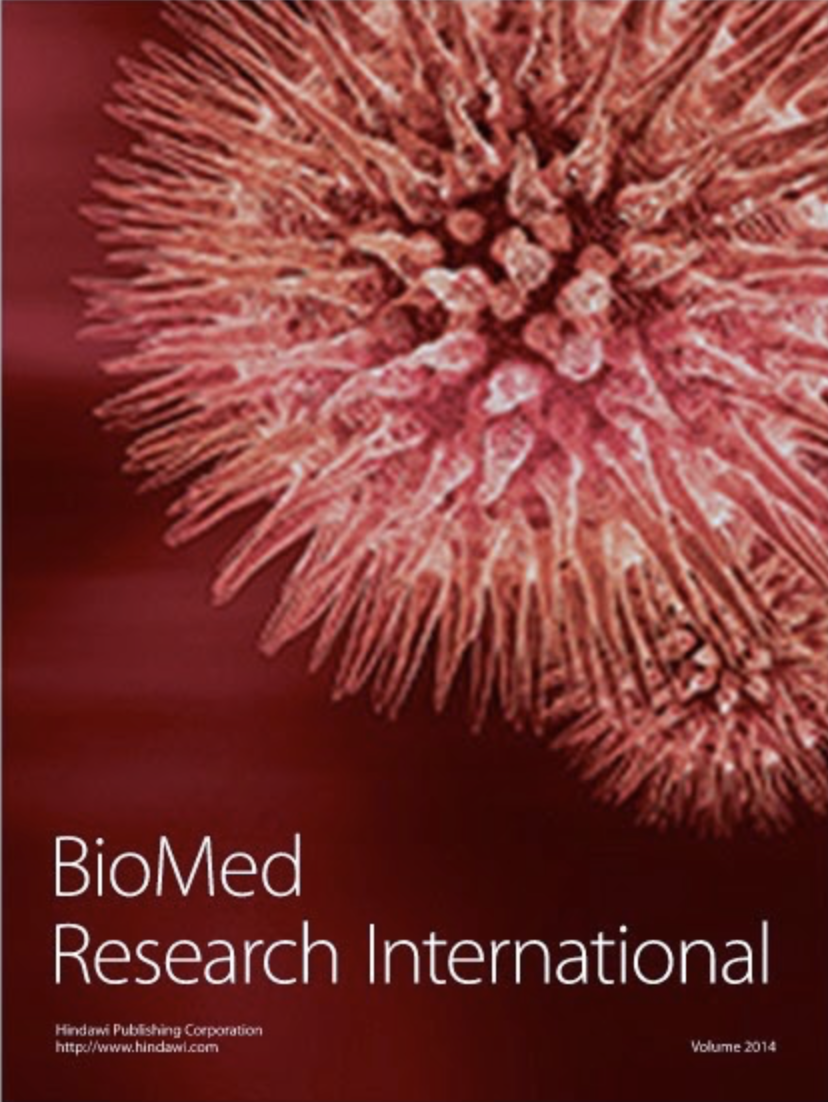
Systematic Review
Acupuncture could reduce Hamilton Rating Scale for Depression (HAMD) scores for postpartum depression.
Li W, Yin P, Lao L, Xu S

Systematic Review
Acupuncture appears to be effective for postpartum depression with respect to certain outcomes.
Li S, Zhong W, Peng W, Jiang G

Systematic Review
Chai Hu Shu Gan San (a traditional Chinese Medicine) is a promising in treating depression, especially in post-stroke and postpartum cases.
Sun Y, Xu X, Zhang J, Chen Y
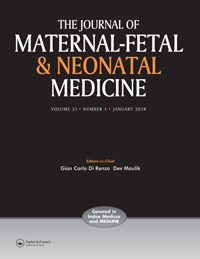
Case Report
Chamomile consumption may stimulate abundant milk production and increase lactogenesis in lactating women.
Silva FV, Dias F, Costa G, Campos MG

Randomised Controlled Trial
Consumption of fenugreek herbal tea and palm dates appears useful in enhancing breast milk production during the initial postpartum period.
El Sakka A, Salama M, Salama K
Executive Summary
Write an executive summary in the form of a blog article on the topic of "Research into Chinese medicine treatment for Postpartum Care" summarising the research below and using language that can be easily understood by patients and avoiding medical jargon using a professional and caring tone of voice.
Write an executive summary in the form of a blog article on the topic of "Researched Chinese medicine treatments for Postpartum Care" summarising the research below in an objective and easy to understand way, and using language that can be easily understood by patients. Group the article into Chinese medicine treatments first, followed by nutrition and other treatments. Avoid using medical jargon and use a professional and caring tone of voice.
Write me a concise but easy to understand executive summary on the topic of "Chinese medicine treatments for Postpartum Care" based on the following research that I will give you. Your summary should be 2 paragraphs long in Australian English spelling and include references to the studies.
A Randomised Controlled Trial published in 2022 in the journal Babali Nursing Research found that Oxytocin massage using lavender aromatherapy oil can significantly boost breast milk production in postpartum mothers. In this study, a quasi-experimental design was employed which involved pre-testing and post-testing with a control group. The participant mothers were divided into two groups. The intervention group received oxytocin massages using lavender aromatherapy oil, beginning on the second postpartum day. Contrarily, the control group got breastfeeding assistance without the massage intervention. In both groups, breast milk production was evaluated on the sixth day through the usage of a breast pump. The collected results indicated a notable effect of oxytocin massage with the application of lavender aromatherapy oil on maternal milk production. It was hence surmised that this combined approach could effectively enhance breast milk production in women after giving birth.
A Randomised Controlled Trial published in 2021 in the journal Breastfeeding Medicine found that Date fruit consumption appears to be useful for promoting and increasing breast milk quantity in breastfeeding mothers. Date fruits may be an alternative galactagogue. Breastfeeding mothers who received 10 date fruits/day had an 11% increase in breast milk quantity from baseline to week 2, and a 23% increase from baseline to week 4, (both p < 0.05). The breast milk quantity of the breastfeeding mothers who received date fruits was significantly higher than that of the control group (p < 0.05). However, there were no differences in infant nutritional status.
A Systematic Review published in 2021 in the journal World Journal of Acupuncture-Moxibustion found that Acupuncture treatment for postpartum depression is effective and can improve Hamilton Depression (HAMD) Scale, Edinburgh Postnatal Depression Scale (EPDS) and serum estradiol scores. Meta analysis was conducted in the literature in recent 10 years relating to clinical randomized controlled trials of acupuncture in treatment of postpartum depression, which provided references for acupuncture in treatment of postpartum depression. Fourteen articles were included in this study, among which, acupuncture group was set as treatment group, and oral administration of fluoxetine as control group in 4 articles; acupuncture group was set as treatment group, and oral administration of maltodextrin granules as control group in 2 articles. The differences in the 6 articles were statistically significant, without interference from other compound factors.
A Systematic Review published in 2020 in the journal Cochrane Database of Systematic Reviews found that Gua sha therapy may be more effective than hot packs with massage for reducing breast pain. In this version of the review, 21 studies involving 2170 breastfeeding women were analysed. A range of interventions for the treatment of breast engorgement were tested. These included: cabbage leaves, various compresses (ginger, cactus/aloe, hollyhock), massage plus cactus and aloe compress, acupuncture, ultrasound, acupressure, scraping therapy (Gua Sha), cold breast‐packs, electromechanical massage, Oketani breast massage, and medical treatments (serrapeptase, protease, oxytocin). Six studies used individual breasts as the unit of analysis making it difficult to evaluate the true effect of the studied intervention. Due to the heterogeneous interventions, we were unable to pool results in meta‐analysis; hence, a qualitative analysis resulted in the following findings.
A Randomised Controlled Trial published in 2020 in the journal Clinical Epidemiology and Global Health found that Fenugreek improves breast milk production in mothers and increases the weight gain of newborns during their first week of life. The study was an experimental design carried out in two groups, a control and an experimental group, at a maternity centre in Bangalore. A total of sixty postnatal mothers were selected and split evenly between the two groups. For the experimental group, 7.5 grams of fenugreek was steeped overnight; this resulting fenugreek water was then given to these participants once in the morning for one week. The study then assessed and compared the frequency of urination and weight of the infants between the two groups at different points: on the first, third, fifth, and seventh days. There was identifiable improvement in indicators of sufficient breast milk in the group that consumed the fenugreek compared to the control group. The influence of fenugreek on breast milk was identifiable through increased frequency of urination and weight gain in infants in their first week.
A Systematic Review published in 2020 in the journal International Urogynecology Journal found that Antenatal perineal massage reduces severe perineal trauma and postpartum complications. This meta-analysis of 11 randomized controlled trials involving 3467 patients found that antenatal perineal massage significantly reduces the risk of perineal tears and episiotomy, especially severe tears. Additionally, it leads to shorter second-stage labor, less postpartum perineal pain, and improved wound healing. While some heterogeneity and publication bias were noted, this study supports the routine recommendation of antenatal perineal massage for labor preparation, emphasizing its benefits in reducing perineal trauma and improving obstetric outcomes. Further research with larger sample sizes is encouraged to confirm these findings and explore additional benefits, such as postpartum sexual satisfaction and incontinence reduction.
A Systematic Review published in 2019 in the journal Journal of the Chinese Medical Association found that Traditional Chinese acupuncture seems to be effective in improving some symptoms of postpartum depression. A total of 887 PPD patients from 12 randomised controlled trials were included in the quantitative meta-analysis, with 443 patients in the treatment group and 444 patients in the control group. Patients in the acupuncture group had significantly better performances assessed by the Hamilton Depression Scale than those in the control group, and the pooled MD was −1.27 (95% CI: −2.55 to 0.01; p = 0.05, I2 = 83%) in the random-effect model. In addition, significantly better performance in the effective rate was observed in the acupuncture group than in the control group, and the pooled RR was 1.20 (95% CI: 1.09 to 1.33; p < 0.0001, I2 = 46%). However, in subgroup analysis for the acupuncture therapy alone, only effective rate showed a significantly better performance.
A Systematic Review published in 2019 in the journal JBI Database of Systematic Reviews and Implementation Reports found that Breast massage eases pain and symptoms in breastfeeding problems. This systematic review assesses the effectiveness of breast massage as a treatment for breastfeeding problems. It focuses on outcomes like pain reduction, increased milk supply, and resolution of issues like blocked ducts and mastitis. While breastfeeding is crucial for infant health, rates drop, and complications like mastitis contribute. The review covers studies from 1980 to 2017, including six diverse studies. Although outcomes varied due to different interventions and small sample sizes, all reported reduced pain. However, lack of detailed technique explanation and training hinder replicability. This research is valuable for healthcare professionals, suggesting a need for standardized measurement tools and more robust trials.
A Systematic Review published in 2019 in the journal Journal of Nursing Research found that Aromatherapy enhances physio-psychological well-being in postpartum women. This systematic review encompassed 15 studies conducted in Iran, England, and the United States, involving 2,131 postpartum participants. The research focused on evaluating aromatherapy's effects on various aspects of postpartum health. Aromatherapy interventions, primarily utilizing lavender and citrus aurantium essential oils, demonstrated positive outcomes. These included relief from nipple fissure pain, improved episiotomy recovery, reduced pain and nausea after cesarean section delivery, and enhanced sleep quality. Additionally, aromatherapy showed potential in positively influencing psychological health, particularly in reducing anxiety. Lavender oil emerged as the most impactful essential oil. While promising, further comprehensive studies are needed to establish aromatherapy as a validated therapy for postpartum women.
A Systematic Review published in 2019 in the journal Journal of Integrative Nursing found that Acupoint massage enhances acute mastitis treatment. Acupoint massage proves effective in treating acute mastitis, as per a systematic review of 16 randomized controlled trials involving 2056 patients. The analysis indicates that acupoint massage enhances clinical treatment efficiency, shortens onset time, reduces lump size, and alleviates symptoms. However, it shows no significant impact on recurrence or cure rates. While this evidence supports acupoint massage as a beneficial adjunct therapy for acute mastitis, the need for higher-quality studies is emphasized to further validate these findings.
A Systematic Review published in 2019 in the journal BioMed Research International found that Acupuncture could reduce Hamilton Rating Scale for Depression (HAMD) scores for postpartum depression. Though our meta-analysis revealed that acupuncture had a lower efficacy compared to other antidepression treatments, symptoms of depression relief were observed in the majority of the studies analysed. These findings indicate that although the efficacy of acupuncture was lower compared to antidepressants, the benefits of acupuncture were still attractive to women with postpartum depression due to their negligible side-effects. In summary, despite the limitations mentioned above, this current systematic review suggests that acupuncture could reduce HAMD scores. However, EPDS, clinical response, and serum estradiol levels were unaffected by acupuncture treatment. Furthermore, our analysis revealed that treatment efficacy was variable and depended on the control types used. Large-scale and well-designed RCTs are required before a conclusive statement could be made regarding the efficacy of acupuncture for the treatment of postpartum depression.
A Systematic Review published in 2018 in the journal Acupuncture in Medicine found that Acupuncture appears to be effective for postpartum depression with respect to certain outcomes. Nine trials involving 653 women were selected. The result of this meta-analysis demonstrated that the acupuncture group had a significantly greater overall effective rate compared with the control group. Moreover, acupuncture significantly increased oestradiol levels compared with the control group. Regarding the Hamilton Rating Scale for Depression (HAMD) and Edinburgh Postnatal Depression Scale (EPDS) scores, no difference was found between the two groups.
A Systematic Review published in 2018 in the journal BMC Complementary Medicine and Therapies found that Chai Hu Shu Gan San (a traditional Chinese Medicine) is a promising in treating depression, especially in post-stroke and postpartum cases. The review assessed the efficacy of Chai Hu Shu Gan San, a traditional Chinese medicine, in treating depression. Out of 560 initial studies, 42 trials met inclusion criteria. These studies were conducted in China from 2006 to 2016, involving 3234 patients with depression. Chai Hu Shu Gan San demonstrated better efficacy compared to controls, especially in post-stroke and postpartum depression. However, the methodological quality of the included studies was assessed as low, with high risks of bias. While Chai Hu Shu Gan San showed promise, further rigorously designed randomized controlled trials are needed for a conclusive evaluation of its safety and efficacy in treating depression.
A Case Report published in 2017 in the journal The Journal of Maternal-Fetal & Neonatal Medicine found that Chamomile consumption may stimulate abundant milk production and increase lactogenesis in lactating women. In the report, a woman accidentally discovered an unexpected outcome - an abundant amount of milk and high breast tension - a few hours after consuming chamomile. This observation has not been documented before and sheds light on a possible natural means of stimulating milk production. Regular consumption of chamomile during pregnancy and lactation is well-known for various reasons, but this galactagogue effect, that is the promotion of lactation, has never been reported previously. The woman’s case was carefully documented and analysed to draw a correlation between chamomile intake and this resulting effect. The potential galactagogue effect of chamomile presents an interesting but unfamiliar aspect. This insight could be potentially useful for mothers struggling with breastfeeding,with the caveat being that the safety of this herbal product's intake without risk to mothers or newborns is still under scrutiny. The results are unexpected and novel, pointing towards a potential new benefit of chamomile tea for lactating women - stimulating lactogenesis. However, the conclusions are drawn from a single case and further in-depth studies are required to confirm this effect and to understand the underlying biological mechanisms at work.
A Randomised Controlled Trial published in 2014 in the journal Journal of Pediatric Sciences found that Consumption of fenugreek herbal tea and palm dates appears useful in enhancing breast milk production during the initial postpartum period. The study had 75 puerperal women randomized into one of three groups for two weeks: a fenugreek herbal tea group, a palm dates group, and a control group with no galactagogue. Maternal milk volume was gauged on the third postpartum day by manually pumping the breasts. To track the impact on the babies, the infants were weighed on specific days - day 0, 3, 7, and 14. Women who consumed fenugreek or dates had a noticeable breast milk volume increase on the third day postpartum. Additionally, infants who fed on maternal milk from mothers consuming dates registered weight gain on the seventh day. The infants in the fenugreek and the control group on the other hand, were still under their birth weight at this point. By the fourteenth day, there was no significant difference in any of the groups regarding the infant’s weight.
Moderation Tools
Topic
Sign In
Users not signed in are limited to viewing the 5 most recent items of content.
Link cannot be load —Rachael L 30 May 2022
This review included RCTs, non RCTs or retrospective clinical studies. —Ve-Vinn L 15 Oct 2021